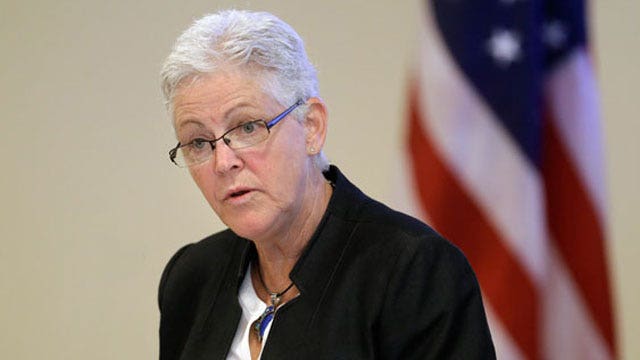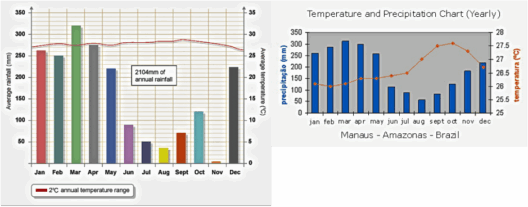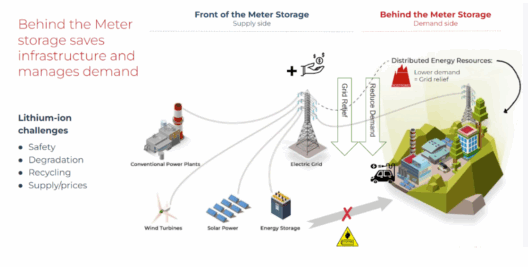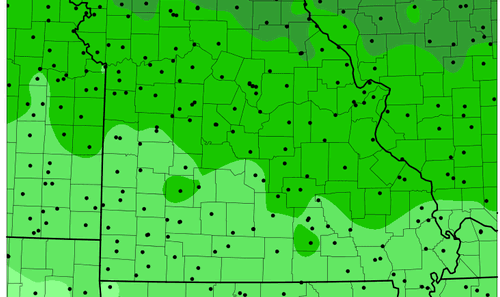Climate change has emerged as one of the most pressing issues confronting humanity today. Despite overwhelming scientific consensus regarding its existence and implications, a significant portion of the population remains skeptical, often questioning the validity of climate science. This discussion aims to shed light on why climate change is real, elucidating the scientific evidence that underpins this reality, while addressing the perspectives of skeptics.
The essence of climate change lies in the alteration of global weather patterns due to the accumulation of greenhouse gases in the atmosphere. These gases, primarily carbon dioxide (CO2), methane (CH4), and nitrous oxide (N2O), are byproducts of industrial activities, transportation, and even agriculture. When these gases are emitted, they trap heat from the sun, creating a ‘greenhouse effect’ that leads to rising temperatures—a phenomenon referred to as global warming.
Scientific research has consistently demonstrated that the earth’s average surface temperature has increased significantly over the past century. Data from multiple sources, including NASA and the National Oceanic and Atmospheric Administration (NOAA), indicate that the past decade has been the warmest on record. Such revelations prompt the question: what specific evidence substantiates this alarming trend?
To begin with, we must consider the role of ice cores, sediment samples, and tree rings in understanding past climates. Ice cores extracted from glacial regions provide invaluable insights into historical atmospheres, revealing fluctuations in greenhouse gas concentrations dating back thousands of years. Analysis of these cores illustrates a stark correlation between CO2 levels and global temperatures. For instance, during the past 800,000 years, CO2 concentrations never exceeded 300 parts per million (ppm). Yet, in modern times, we have surged past 400 ppm, a level unprecedented in human history.
Another supportive piece of evidence can be found in the escalation of extreme weather events. The occurrence of hurricanes, droughts, floods, and wildfires has surged in both frequency and intensity, a pattern that many climate scientists attribute directly to climate change. For example, hurricanes have grown in intensity; warmer ocean temperatures fuel more robust storm systems. Not only do these extreme conditions wreak havoc on economic systems, but they also disrupt ecosystems, threatening biodiversity.
The question arises: how do skeptics of climate change reconcile this overwhelming evidence? Often, the skepticism stems from a distrust in scientific institutions, claims of political biases, or an adherence to alternative beliefs. Some skeptics argue that climate models are unreliable and that predictions about the future are exaggerated. While uncertainty is an intrinsic aspect of science, it is essential to recognize that the uncertainties surrounding climate change do not negate its existence. Rather, scientists continuously refine their models, using vast amounts of data to create more accurate predictions.
Moreover, the argument that climate change is a natural phenomenon, rather than one predominantly driven by human activities, frequently circulates among skeptics. Indeed, Earth has undergone numerous natural climate shifts throughout its geological history; however, the current trajectory of warming is anomalous when examined against the backdrop of natural variability. The rapid pace of change today significantly outstrips that of historical precedents, indicating that while natural changes can occur, the predominant factor in the current warming trend is anthropogenic.
Despite these objections, the unanimity among climate scientists cannot be overlooked. Institutions like the Intergovernmental Panel on Climate Change (IPCC)—comprising thousands of leading scientists—assert with high confidence that human activities are the primary driver of recent climate change. The concept of consensus in scientific communities is pivotal; it is not merely a matter of opinion but rather an aggregation of rigorous studies, peer-reviewed work, and empirical evidence that supports the reality of climate change.
Furthermore, examining the socio-economic implications of climate change compels us to take the issue seriously. As rising sea levels threaten coastal communities, agricultural systems face increasing instability due to unpredictable weather patterns. The ramifications are profound; climate change does not merely heighten environmental risks but also exacerbates existing social inequities, creating a potential crisis for vulnerable populations worldwide.
Breaking through the skepticism also requires addressing the emotional and psychological factors at play. Denial and skepticism can be seen as protective mechanisms, shielding individuals from the overwhelming realities and potential losses that climate change presents. Many people grapple with feelings of helplessness, prompting a defensive stance against uncomfortable truths. However, shifting from a mindset of denial to one of empowerment can cultivate a collective determination to combat climate change. Understanding that one’s actions—however small—can contribute to a larger movement toward sustainability may foster engagement, rather than retreat.
Climate change is not a distant threat but a present reality urgently requiring action. The scientific evidence is irrefutable, pointing towards a need for immediate collective responses at both individual and systemic levels. While skepticism may linger as a form of cognitive dissonance, overcoming it is essential for fostering the transformative change needed to preserve our planet.
In conclusion, climate change is incontrovertibly real, borne out of extensive scientific inquiry and empirical evidence. As society engages with both the undeniable facts and the skeptical perspectives, it becomes paramount to drive discourse towards a more informed and proactive engagement with climate issues. Promoting understanding will not only dispel misconceptions but can inspire shifts in behavior essential for a resilient future. Every action taken towards recognizing and mitigating climate change is a step toward safeguarding our planet for generations to come.







